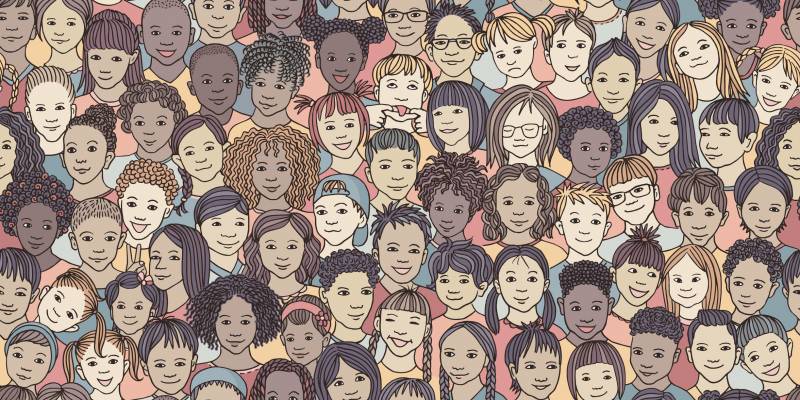
I do like this image that appeared with the article/ keynote that I am sharing as this week's Food for Thought. The article, How Can Students Self-Assess When Teachers Do All the Grading and Work? touches on some of the challenges that we talk about at ISHCMC like student agency, self-assessment, metacognition, goal setting feedback, workflow, and teacher wellbeing. Although useful for all of us at ISHCMC, the video below can be seen as directed at raising questions about our secondary school pedagogy. We are looking at producing self-regulated learners that are prepared to become self-directed, which means developing learning skills tool kits as they grow as learners. But as the article points out if we do all the work regarding things like metacognition and self-assessment how do our students learn these skills?
"Among the many things students are expected to do, self-assessing their learning is part of the suite of metacognitive tools that are valued in today’s society. This skill enables the student to think about their thinking, identify what they're doing well and what needs improvement. Self-assessment takes practice, and when it comes to schoolwork, students are not given enough opportunities.
“I would argue in most classrooms, it’s the teacher doing the lion's share of the work,” said Catlin Tucker, a high school English teacher, and consultant at the Fall CUE conference of educators. “And the person doing the work in the classroom is the person doing the learning. So why would we rob our students of the opportunity to learn?” "
For many years at ISHCMC we have used the phrase 'gradual release of learning' but how many of us have thought about this as a deliberate strategy?
"“It wasn’t really moving the needle in terms of their skill set,” said Tucker. “And I recognized that instead of putting 90 percent of my energy into assessing and giving feedback on a finished product, I need to put that 90 percent of my energy into giving them feedback as they work.”
She found that when students get feedback as part of the process of completing an assignment, it gives kids the opportunity to revise their work. The feedback process means that students must be in constant communication with Tucker about their work. This is in addition to keeping track of what they think they’ve learned through post-lesson reflection tools like learning logs and sketchnotes."
Catlin Tucker's keynote is humorous whilst raising important questions about traditional classroom pedagogy, as related to teachers' ability to sustain their workload effectively and efficiently hence contributing to their overall well-being. She makes 4 suggestions and goes through each one whilst asking important why do we do these questions? :
- teach students to monitor and track their own progress
- provide timely accurate feedback to students in class
- make time to grade finished products with the student sat next to the teacher
- teachers partnering with students to prioritize their agency.

No comments:
Post a Comment